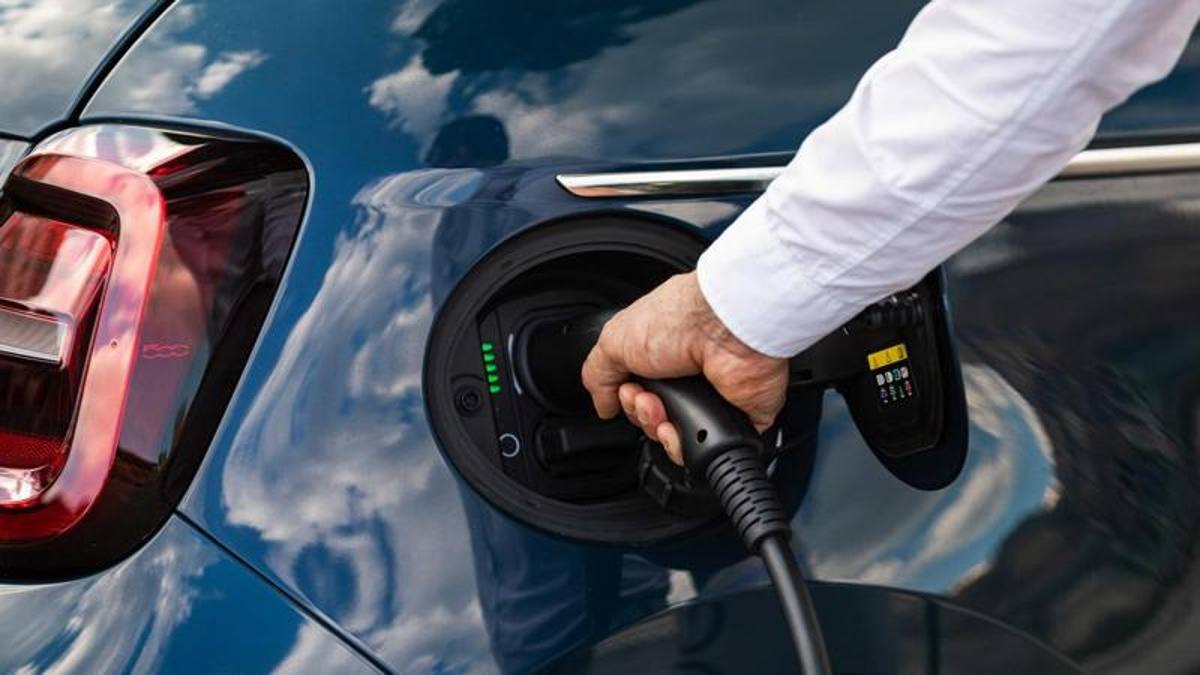Has the pandemic changed the way people choose and buy a car? Yes, according to a study by Deloitte: Italian motorists are in favor of electrification but not at any cost. A third of them postpone the purchase to better times and 86% assign the dealer a fundamental role
The car buying process was affected by the effects of the pandemic, with Italian motorists open to new technologies but with great attention to price and prudence while waiting for more economic guarantees. This could be the photograph that outlines the approach to the car at the time of the coronavirus according to what emerges from Deloitte’s Global automotive consumer study 2021. The study, conducted on a sample of over 24,000 consumers spread across 23 countries around the world, aimed to explore which new market scenarios could emerge from the socio-economic context after the pandemic. In the post-Covid scenario approx one third of the Italian interviewees will postpone the purchase of the vehicle to times of greater economic security, while this figure is significantly lower in the other European markets where greater optimism prevails (Great Britain: 20%; France: 17%; Germany: 14%). One in two Italians will focus on a cheaper model than originally expected. In addition, 60% of respondents say they have spent at least an hour collecting information and comparing different vehicle financing solutions.
NO MORE THAN 30,000 EUROS FOR AN ELECTRIC CAR, STILL FEW COLUMNS
—
A first very significant fact is the appreciation of motorists for electrification which is affecting the entire automotive sector. With a difference compared to past years: the interest in sustainable mobility in Italy remains high, but the absolute majority (54%) of consumers today prefer hybrid-electric models (Phev), while enthusiasm for electric is decreasing. battery-powered (7% against 12% in 2020) and after years of contraction – a moderate interest in traditional petrol and diesel models (31% against 29% in 2020) is back. Price remains a decisive driver of choice with 73% of Italian motorists interviewed setting the maximum acceptable cost for an electric vehicle at 30,000 euros. To push Italian consumers towards electric mobility there is a growing environmental awareness and – above all – economic factors: first of all the possibility of saving on vehicle power costs, without neglecting that of taking advantage of incentives and economic benefits and lower maintenance costs. On the other hand, there are two factors that slow down the spread of electric cars in Italy: first of all the lack of charging infrastructures (29%), followed by concerns about battery autonomy (27%). Unlike the global average, Italians also show a strong interest in public charging stations (46%), confirming the need for new investments to upgrade the national infrastructure.
CONNECTIVITY: IN ITALY LIKE IT MORE THAN ELSEWHERE
—
Technological research in the automotive sector, in addition to electrification, also runs on the thread of connectivity and technological devices increasingly present on board. Curiously, Italian consumers are more open towards connected vehicles: 71% say they are in favor, marking a clear difference compared to other Western markets, such as the United States (from 46% to 44%), Great Britain (from 49% to 37%). %), France (42% to 36%) and Germany (36% to 33%). Furthermore, less than one in two Italians is concerned about the idea of potential cyber attacks such as to jeopardize the safety of the vehicle and its passengers, the lowest percentage worldwide. Both in Italy and abroad, the most popular technologies are those relating to vehicle safety, such as automatic emergency braking systems (83%), lane departure warnings (66%) and point detectors. visually blind (66%). Even on this front, however, it is the price that defines the choice: only a minority share of motorists interviewed would be willing to pay a price of 400 euros or more to take advantage of advanced technologies for autonomy (45%), safety ( 38%) or the connectivity (28%) of the vehicle, perceived less and less as an option and more and more as a standard on board the new models.
DEALERS ALWAYS PIVOT IN THE PURCHASE PROCESS
—
A final aspect touched upon by the Deloitte study concerns the purchasing process: despite the acceleration in the development of the online channel induced by the health emergency, the Deloitte study reveals that for almost 8 out of 10 Italians the role of dealerships will continue to be central. while only 14% would choose to buy a car online. In the opinion of Giorgio Barbieri, Automotive Sector Leader of Deloitte, “among the main reasons the Italians cite first of all factors such as the possibility of observing, examining and touching the vehicle before purchase, followed by the possibility of carrying out a test. drive and to personally negotiate the final price. Furthermore, even among those who would like to buy a car online, the dealership’s website would still be the preferred channel to which they would turn ”. It is no coincidence that two thirds of Italians declare that they place the greatest degree of trust in the specialized dealership for the sale (40%) or maintenance (27%) of the vehicle. Less than a fifth (17%) instead cite the direct relationship with the brand or manufacturer.
April 29 – 4:40 pm
© breaking latest news
.
